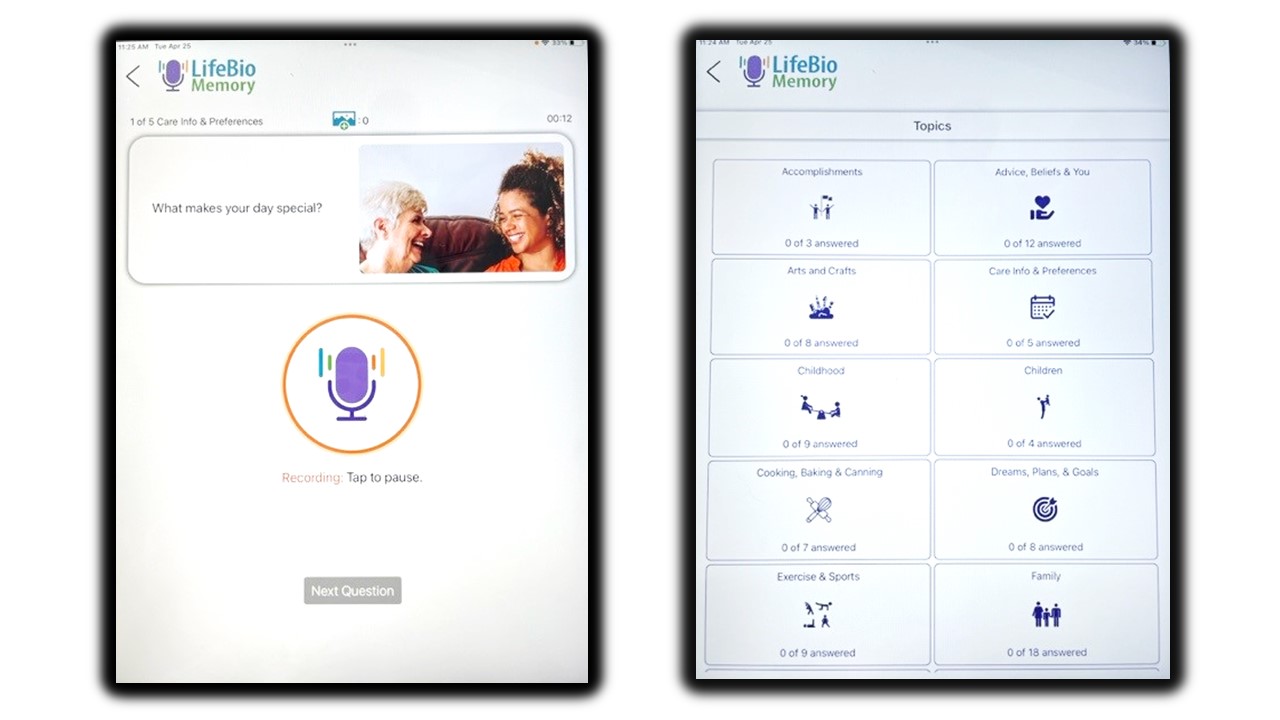Donate to help the Japanese people
100% of your gift will provide emergency relief and long-term recovery support for disaster-affected communities
READ MOREStatistics on Aging....That Pesky Iron Law
Dr. Bill Thomas shares demographics and how post-war generation is going to impact us in the future.
READ MOREStorytelling is making a comeback
Parents and grandparents are sometimes surprised at how much their children and grandchildren want to know when they start sharing their true life stories.
READ MOREBaby Books and Grandparents
I pulled out the baby books to see some of the adorable things I chose to record when my kids were very small. (Stay with me...In a minute, I'll tell you the connection between baby books and recording life stories.)
READ MORECreating a lasting legacy
What do you consider important to pass along to your children and grandchildren? What will you want people to remember about you and the family members who came before you?
READ MORELast WWI U.S. veteran dies -- Frank Buckles -- the end of an era
The last American doughboy has passed away, and this reminds me that there will also come a day when the last WWII veteran will pass away. With less than 2 million WWII veterans still alive today (of the 16 million who served), according to the Department of Veterans Affairs, now is the time to capture these veterans' life stories without delay.
READ MOREThe end of horse and buggy stories? Probably.
I am lamenting the loss of stories about life before cars, tractors, and electricity. In Charlotte's biography and Marie's biography (both in their mid-90s), they share about life in wagons and sleighs...no school buses back then.
READ MOREReminiscence therapy and dementia: 3 reasons why it makes a difference
1. The past is one of the best ways to connect. Long-term memories are, in many cases, very much intact. When someone has been diagnosed with Alzheimer's Disease or related dementias, it is important to capture as many details of his or her life stories as possible, as quickly as possible. It may not seem like the details matter, but they do and they will. In fact, it will be critical to delivering the best possible service and care. Because retrogenesis is believed to occur, a person with dementia may be, essentially, traveling back in time and seeing himself or herself as 50 or 40 or 20 or 10 years old. If you can know more about his or her life at these different ages, it will make communication and understanding easier.
READ MORELife stories: 3 tips for writing life stories without delay
Every life deserves a book. So how should we go about creating a life story and avoiding the dreaded blank sheet of paper?
READ MORE

